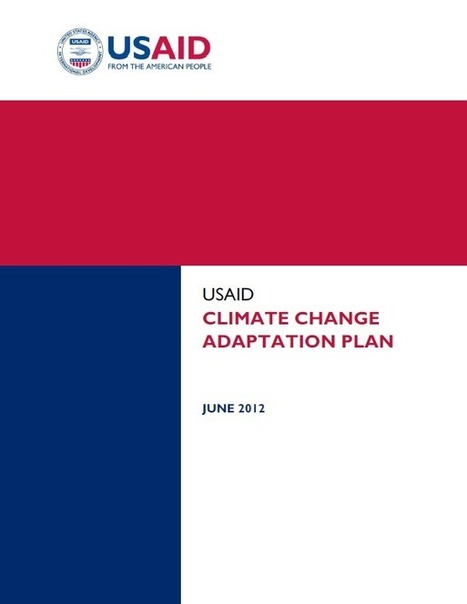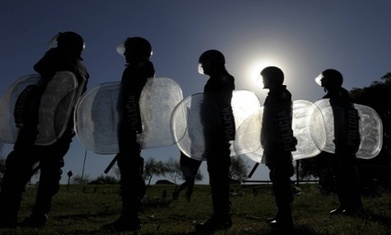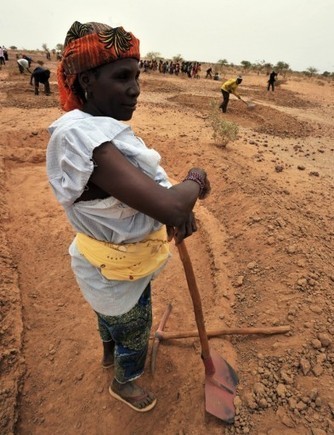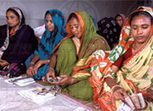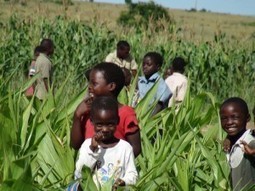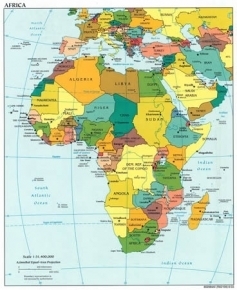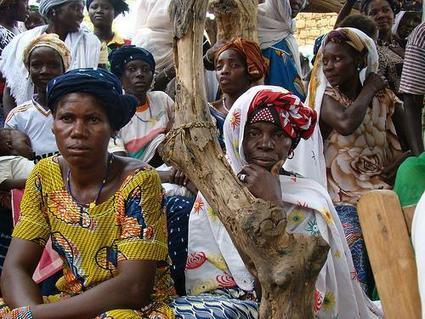A UN climate change conference in Doha, Qatar, concluded in December 2012 with a new agreement called the "Doha Climate Gateway." Its major achievements include the further extension until 2020 of the 1997 Kyoto Protocol on reducing greenhouse gas emissions, as well as a work plan for negotiating a new global climate pact by 2015, to be implemented from 2020.
Despite these commitments, the Doha conference made only limited progress in advancing international talks on climate change and failed to set more ambitious goals for reducing greenhouse gas emissions.That failure increases the risk of a rise in average global temperatures by 2 degrees Celsius by the end of this century.
The Emissions Gap Report 2012 of the UN Environment Programme (UNEP) stresses that if the world does not accelerate action on climate change, total greenhouse gas emissions could rise to 58 gigatonnes by 2020 (compared to 40 gigatonnes in 2000), far above the level scientists say would likely keep temperature rises below 2°C.
Studies by the World Bank indicate that even with the current commitments and pledges fully implemented, there is roughly a 20 per cent likelihood that temperature increases would top 4°C by the end of this century, triggering a cascade of cataclysmic changes including extreme heat-waves, declining global food stocks and a rising sea level, affecting hundreds of millions of people.
All regions of the world would suffer, but the poor will suffer the most, seriously setting back the prospects for sustainable development in Africa.
Severe droughts in the Horn of Africa in 2011 and in the Sahel region in 2012 alarmingly highlighted Africa's vulnerability.
Not-so-fast finance
African countries are among those least likely to have the resources needed to withstand adverse impacts from climate change. At the 2009 Copenhagen negotiations, developed countries committed to pay $100 billion per year by 2020 (Green Climate Fund) to assist developing countries in adaptation and mitigation practices to counter climate change. They also pledged to deliver $30 billion as "fast start finance" by 2012.
Disappointedly, a report by the African Climate Policy Centre of the UN Economic Commission for Africa (ECA) shows that of the $29.2 billion pledged since 2009, only 45 per cent has been "committed," 33 per cent "allocated" and about 7 per cent actually "disbursed."
At the Doha conference, Germany, the UK, France, Denmark, Sweden and the EU Commission announced financial pledges for the period up to 2015 totaling approximately $6 billion. Most developed countries did not make pledges.
African countries thus left Doha with little more than they already had.
Positive steps
Despite the limited advances on financing, African countries registered five positive developments from the Doha conference:
The formal extension of the Kyoto Protocol, with continued access to carbon-trading market mechanisms such as the Clean Development Mechanism.
Financing for the formulation and implementation of national adaptation plans for all particularly vulnerable countries, not just the small-island developing states and least developed countries, as previously.
Agreement to develop an international mechanism to address loss and damage, which would support countries affected by slow-onset events such as droughts, glacial melting and rising sea levels.
A programme for climate change education and training and the creation of public awareness to enable the public to participate better in climate change decision-making.
Agreement to assess developing countries' needs for green technology, as well as a pledge that no unilateral measures will be taken on the development and transfer of technologies.
Effectively meeting the challenge of climate change will require a compromise of monumental proportions by all countries. But climate change will not wait for the adoption of binding international climate change agreements.Nor should individual governments, businesses and others hesitate to take bottom-up action and support local grassroots initiatives.
Richard Munang is a policy and programme coordinator for the Africa Climate Change Adaptation Programme of the UN Environment Programme and Zhen Han is an environmental policy graduate fellow of the Council of World Women Leaders at Cornell University in the US. Munang writes for United Nations Africa Renewal Magazine.
Read the original article on Theafricareport.com : Climate Change: Is Africa being shortchanged? | North Africa
Follow us: @theafricareport on Twitter



 Your new post is loading...
Your new post is loading...

